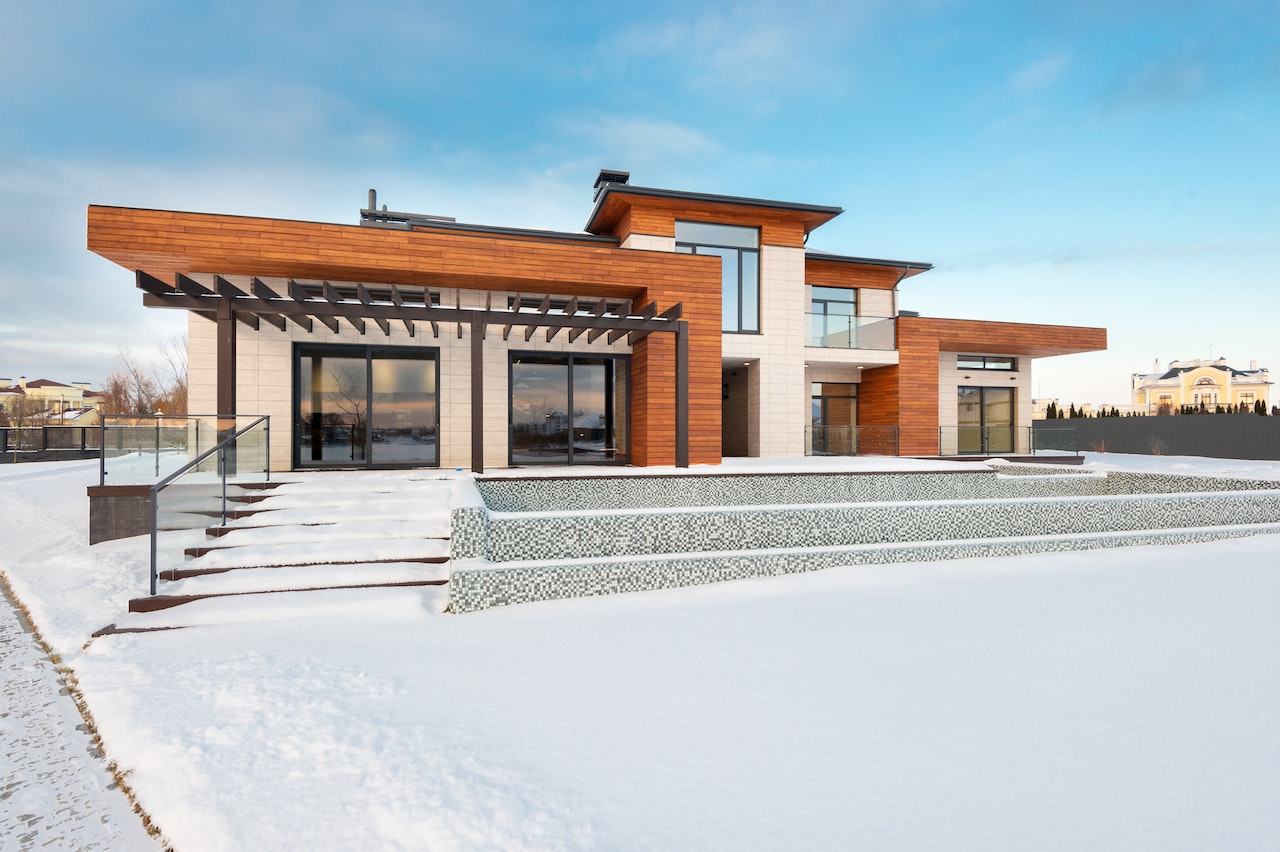The Rise of Smart Homes:
What 2024 Buyers Are Looking For

In today's rapidly evolving real estate landscape, the concept of a dream home has taken on a new dimension with the rise of smart homes. As technology continues to infiltrate every aspect of our lives, it's no surprise that homebuyers are increasingly seeking residences that offer comfort, security, intelligence, and connectivity. This article delves into the latest trends shaping homebuyers' preferences in 2024, particularly in smart homes. From the market growth fueled by technological advancements to the specific features that today's buyers prioritize, let's explore what it takes to attract and engage buyers in this era of intelligent living.
1. Market Trends: The Surge of Smart Homes
The global smart home market is experiencing unprecedented growth, with projections indicating a staggering value of $266.9 billion by 2024. This exponential rise is a testament to the escalating demand for intelligent living solutions that cater to modern lifestyles. Homes equipped with smart home technology have a distinct advantage in the market, spending 13% less time on the listings than their traditional counterparts. This data underscores smart homes' increasing appeal among buyers drawn to the convenience, efficiency, and security offered by these advanced systems.
2. Buyer Preferences: What Drives the Demand
Contrary to popular belief, it's not just millennials and Gen Z driving the adoption of smart home technology. Older buyers, in particular, show a keen interest in features like smart thermostats, reflecting a broader acceptance of these innovations across generations. The emphasis on security and convenience remains paramount for buyers, with intelligent security systems and thermostats taking precedence over other smart appliances and entertainment options. Integrating smart home technology enhances the property's value and leads to long-term cost savings through improved energy efficiency.
3. Smart Home Innovations: Redefining Modern Living
In 2024, smart homes are not just about gadgets but about enhancing overall well-being and customization. Health-focused devices such as innovative exercise equipment and intelligent air purifiers are gaining prominence, offering buyers a holistic approach to living. These devices seamlessly integrate with other smart home systems, allowing personalized environments catering to individual preferences. Energy efficiency remains a key driver, with intelligent appliances and automated controls contributing to lower utility costs and appealing to environmentally conscious buyers.
4. Meeting Buyer Expectations: Key Features That Matter
Buyers today prioritize convenience, efficiency, and security when considering smart home features. Remote control of essential aspects like thermostats, security cameras, and lighting is necessary for streamlined daily routines and enhanced comfort. Advanced security systems with remote monitoring and keyless entry provide peace of mind, addressing concerns about safety and protection. Additionally, the growing emphasis on sustainability is evident in the demand for energy-efficient appliances and smart thermostats, reflecting buyers' commitment to reducing their environmental footprint.
As we navigate the evolving landscape of real estate in 2024, it's clear that smart homes have become more than just a trend–they're a fundamental aspect of modern living. With market growth reaching unprecedented levels and buyers showing a strong preference for intelligent living solutions, the demand for smart homes is set to soar. By understanding and incorporating the features that matter most to today's buyers–convenience, efficiency, security, and sustainability–sellers can position their properties to stand out in a competitive market.
Whether it's a smart thermostat that learns your preferences or a comprehensive security system that keeps your family safe, embracing smart home technology is not just about keeping up with the times–it's about enhancing how we live. So, if you're looking to sell your house fast in Massachusetts or considering selling to an investor, investing in smart home upgrades could be the key to unlocking your property's full potential in today's market.